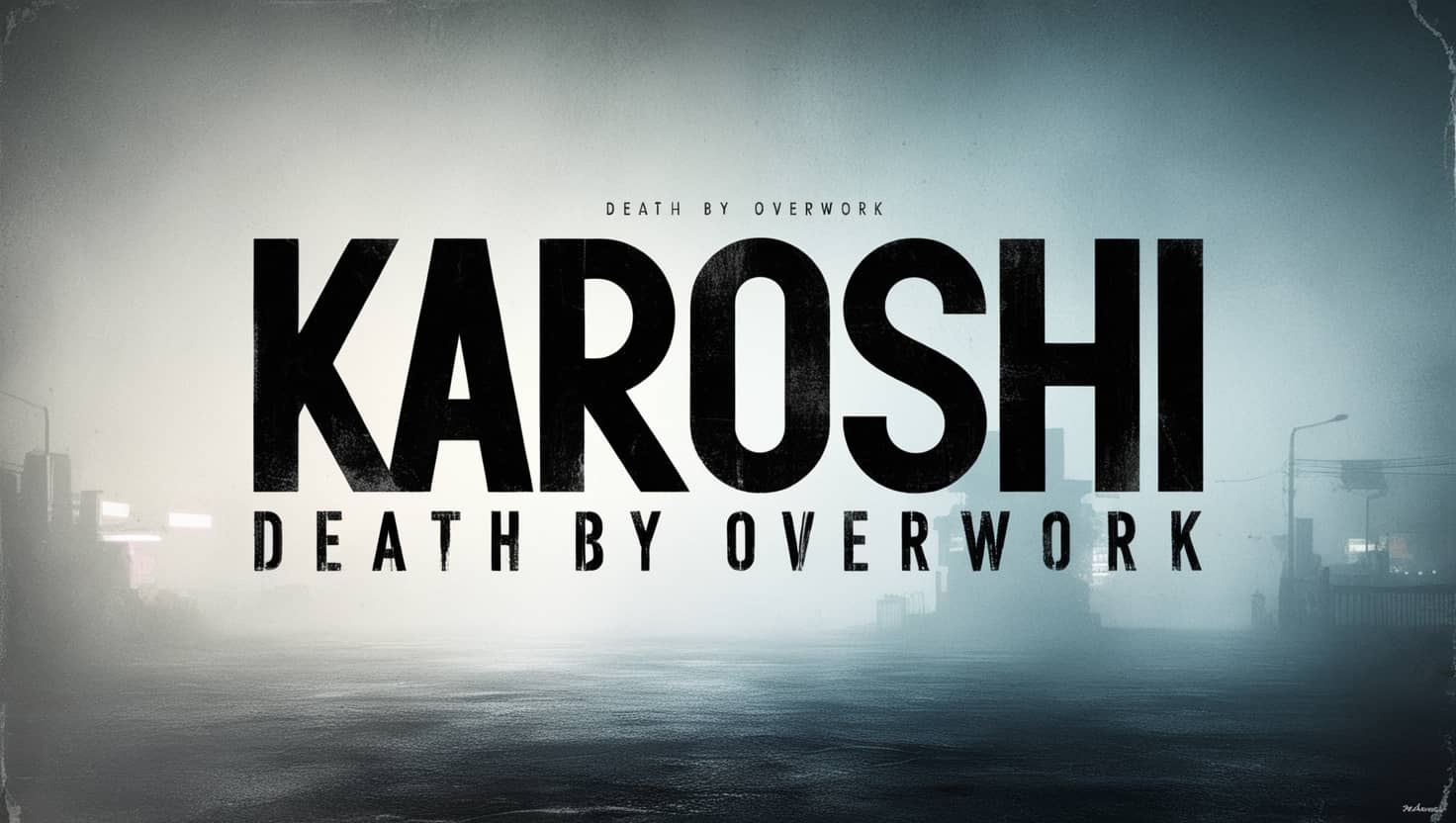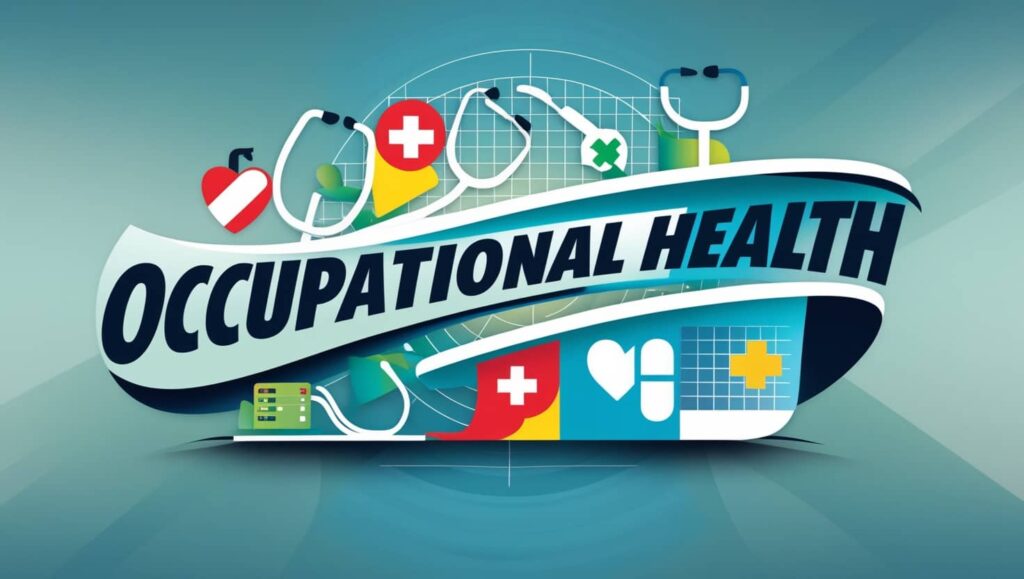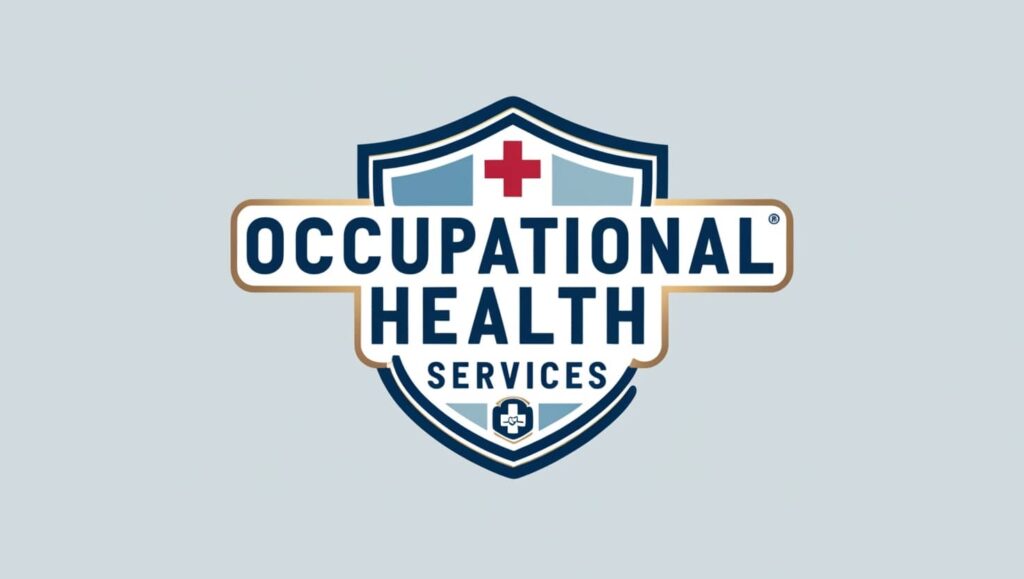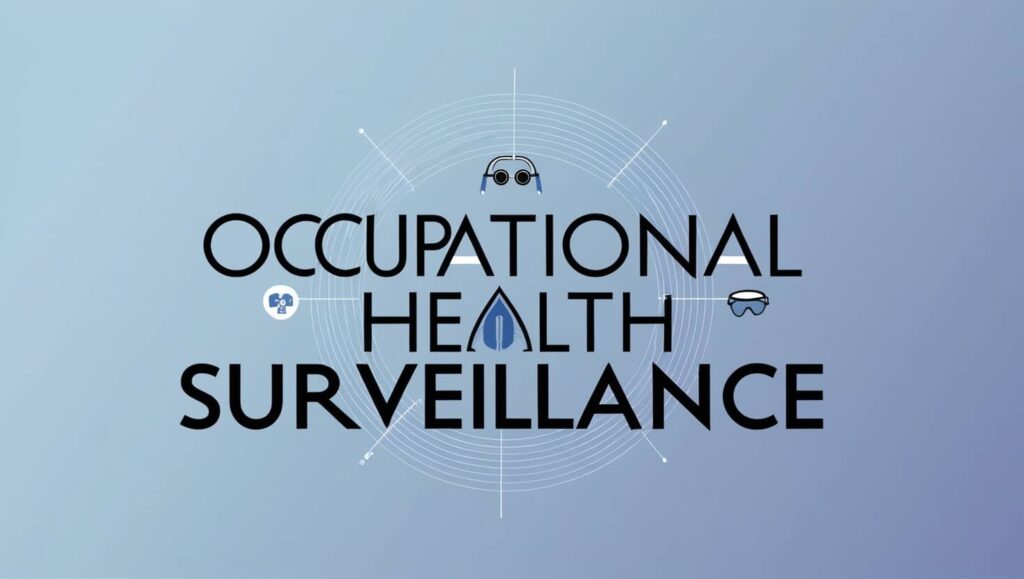Karoshi, or death from overwork, is usually the extreme result of acute cardiovascular events such as stroke.
The term “karoshi,” or death from overwork, originated in Japan and refers to sudden death in workers thought to be caused by very long working hours.
Karoshi is defined as the fatal incidence and associated work-related disability due to cardiovascular events including strokes, myocardial infarctions, or acute cardiac failure, which could occur from the aggravation of hypertensive or arteriosclerotic diseases, triggered by a heavy workload.
In Japan, the term karoshi is used for legal purposes such as occupational disease compensation.
A new syndrome, Karo jisatsu, or suicide due to overwork, has recently been added.
Causes of Death in Karoshi
Cerebrovascular or cardiovascular diseases responsible for karoshi include: –
- Intracerebral hemorrhage.
- Subarachnoid hemorrhage.
- Cerebral infarction.
- Hypertensive encephalopathy.
- Myocardial infarction.
- Angina pectoris.
- Cardiac arrest including sudden cardiac death.
- Dissecting aortic aneurysms.
Occupational stress is considered the leading cause of karoshi.
Cerebrovascular and cardiovascular diseases are caused by oxidative stress and psychological stress.
Depression is a crucial link between occupational stress and karoshi.
Risk Factors Associated with Karoshi
There are two major factors associated with karoshi:
- Long working hours
Chronic dysfunctional stress response caused by overwork and high job strain can cause a stroke by stimulating platelet activation and resulting in a hypercoagulable state.
- Too much work stress
Work stress increases catecholamine secretion (epinephrine and norepinephrine) and cortisol secretion, which is linked to atherosclerosis progression and an increased risk of cardiovascular disease and stroke.
Workers working irregular duty hours, taking new jobs without family members around, working at night, and piecemeal jobs are more vulnerable to karoshi.
In Japan, the prevalence of karoshi has increased because business and union leaders did not pay attention to the impact of work stress on karoshi.
Symptoms and Signs of Karoshi
People under overwork stress may present with no obvious signs and symptoms of heart and/or brain problems, but may have depression and/or burnout syndrome.
Pre-event condition
1. Burnout symptoms
- Easy fatigue.
- Forgetful.
- Tight neck and shoulder.
- Headache.
- Myalgia.
- Chest tightness.
- Body weight change.
2. Depression
- Poor concentration.
- Feels blue easily.
- Insomnia.
- Suicide idea or attempt.
Karoshi Prevention
The most important issue in the prevention of karoshi is the improvement in the work environment including: –
- Adjustment of working hours.
- Reduction of occupational stress.
- Enhancement of welfare programs.
- Social support.
Karoshi prevention also requires effective management of lifestyle-related diseases such as diabetes, dyslipidemia, and hypertension.
To prevent karoshi, it is essential that the government, employers, and employees collaborate to reduce workplace stress.
Simultaneous evaluation of psychological and occupational stresses may help identify stressed and overburdened employees at high risk for karoshi.
All workers should be subjected to a thorough stress evaluation with the goal of preventing and eliminating karoshi.
It’s important to keep a healthy work and lifestyle to avoid karoshi.
Summary
Karoshi is not only a medical issue; it’s also a social issue.
Karoshi, or death from overwork, is usually the extreme result of acute cardiovascular events such as stroke.
Karoshi is defined as the fatal incidence and associated work-related disability due to cardiovascular events including strokes, myocardial infarctions, or acute cardiac failure, which could occur from the aggravation of hypertensive or arteriosclerotic diseases, triggered by a heavy workload.
Occupational stress is considered the leading cause of karoshi.
Depression is a crucial link between occupational stress and karoshi.
Cerebrovascular or cardiovascular diseases responsible for karoshi include intracerebral hemorrhage, subarachnoid hemorrhage, cerebral infarction, hypertensive encephalopathy, myocardial infarction, angina pectoris, cardiac arrest including sudden cardiac death, and dissecting aortic aneurysms.
Risk factors associated with karoshi include long working hours and too much work stress.
People under overwork stress may present with no obvious signs and symptoms of heart and/or brain problems, but may have depression and/or burnout syndrome.
The most important issue in the prevention of karoshi is the improvement in the work environment including adjustment of working hours, reduction of occupational stress enhancement of welfare programs, and social support.
References
- DS;, K. Overwork, stroke, and Karoshi-death from overwork. Acta neurologica Taiwanica. Retrieved January 2, 2023, from PubMed
- (PDF) Stress Evaluation for the Prevention of Karoshi – Researchgate. Retrieved January 2, 2023, from ResearchGate
- Guidotti, T. L. (2011). Global Occupational Health. Oxford University Press.
- Sadhra, S. S., Bray, A., & Boorman, S. (2022). Oxford Handbook of Occupational Health. Oxford University Press.
Yusuf Saeed
Pharmacist | Medical Writer & Translator
Yusuf Saeed graduated from the Arab Academy for Science and Technology and Maritime Transport with a B.Sc. in Pharmaceutical Sciences. His passion for research and healthcare communication led him to specialize in medical writing and translation. Yusuf is committed to delivering accurate, well-researched content that empowers readers with reliable medical information and bridges language gaps in healthcare education.
As the founder of Medserene, Yusuf Saeed established the platform with a vision to provide trustworthy medical content and accessible healthcare information. His mission is to create a reliable resource that empowers readers to make informed decisions about their health and well-being. Driven by his passion for clear communication and healthcare education, Yusuf aims to bridge the gap between medical knowledge and everyday understanding.







